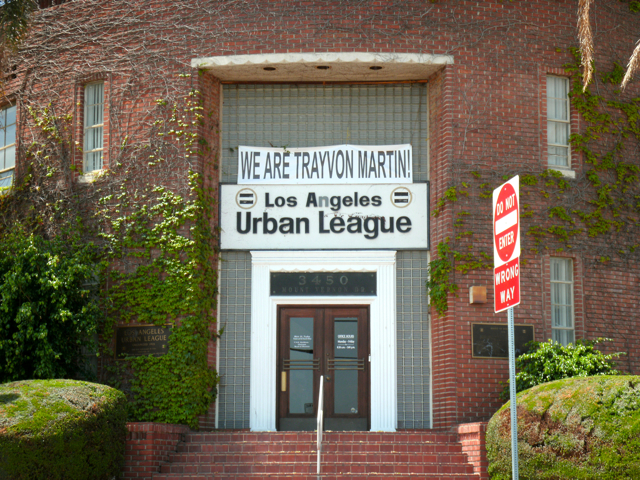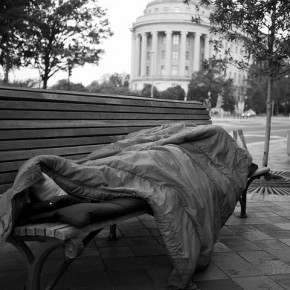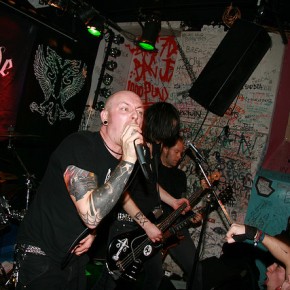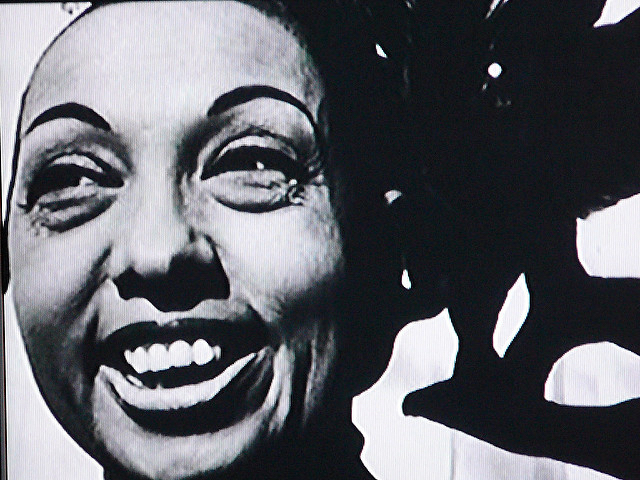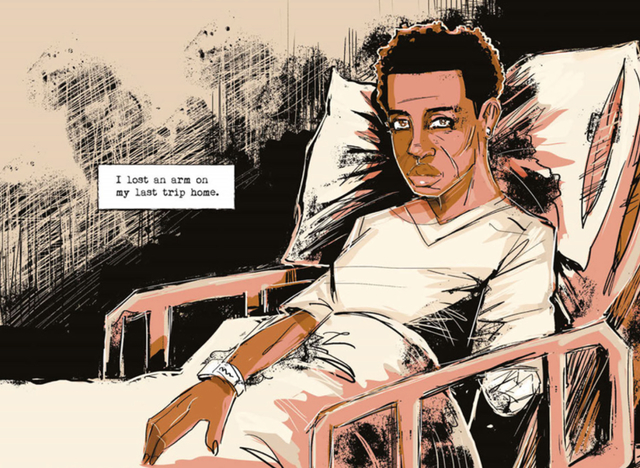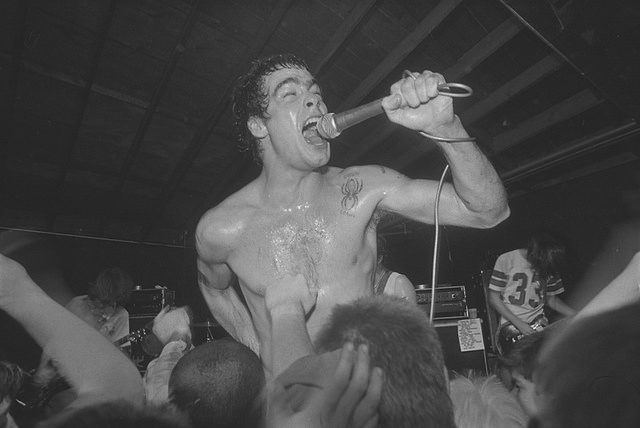“Fuck retirement,” John Mack says softly. At 77, he’s powered by a deep drive to achieve equality for blacks and other minorities. The inner hardness meshes with an outward tenderness. It’s an appealing mix that has charmed US presidents, British royalty and homeless mothers from South LA.
We’re talking at the headquarters of the Los Angeles Urban League in the Crenshaw district of South Central. Mack headed the League from 1969 to 2005, shaping it into one of the country’s most respected non-profit community organisations. It provides skills training, job placement, academic tutorials and business development programmes to more than 100,000 Angelenos every year.
Family photos of the Obamas hang in the reception area. But their smiles jarr with a grainy image of Trayvon Martin. The unarmed black teenager was fatally shot at a gated community in Florida two months ago. The killing has a powerful resonance here in South LA. In 1991, Rodney King was beaten within an inch of his life by white police officers. Their acquittal sparked six days of killing, burning and looting exactly twenty years ago.
Mack describes the journey towards justice and equality as a marathon, with Rodney King and Trayvon Martin as key mile markers. For the last seven years, Mack has run that marathon inside the Los Angeles Police Department. He’s served as president and vice president of the LAPD board of commissioners, a watchdog overseeing reform.
He recalls the dismay when he accepted the job; at Urban League, he’d pilloried the police department for brutalising blacks.
“Some people did say, ‘What are you doing? You’re on the other side now!’ But I also had another reaction that I found heartwarming. A number of people said, ‘We’re glad you’re there. We know that you’ll hold LAPD accountable.’”
He’s getting there. Thanks to his board’s advocacy, patrol cars have been fitted with video cameras and audio equipment to make sure that people are stopped for legitimate law enforcement reasons, and not because of their colour.
“We’ve completed phase one, and we’re beginning to implement the programme in the second division, which is downtown Los Angeles,” Mack states confidently. “Our goal is to have in-car video cameras throughout the city.”
From left, John Mack, Mayor Villaraigosa, LAPD Chief Charlie Beck
An increasingly diverse workforce buttresses that accountability. “Before, LAPD was a white boys’ club. I met directly with the personnel department on an ongoing basis to keep them focused on diversity. Today, minorities make up a majority of the force.”
Mack’s beefed-up board of commissioners evaluates the city’s police chief and has a big say in whether or not he’s reappointed for a second 5-year term. That oversight has a lot to do with the era of Daryl Gates: the former police chief notoriously contrasted blacks with “normal people.”
As president of Urban League, before he went to LAPD, Mack had befriended black, Latino, Korean, Jewish, lesbian and gay activists. That outer softness creates trust. No wonder LA mayor Antonio Villaraigosa tapped him for the police job. But Mack didn’t expect it.
“I suggested several names of people who I thought would be great candidates to head the police commission. And he was sitting at the head of the table, and he had his head down, and he stood up and said, ‘I want YOU!’ I said, ‘You gotta be kidding!!’”
Mack says his ability to reach across barriers stems from his childhood. He grew up in Darlington, South Carolina, in the 1930s. The racetrack had a double meaning: white people lived on one side, and blacks on the other. Blacks could only go to the movie theatre on Saturdays, where they were fed cowboy films. But as a church minister, his father was able to live on the white side. “The children I played with were largely white. That played an important role in helping me to form a philosophy that was not separatist.”
As a student civil rights activist in Atlanta, Georgia, he was advised by Martin Luther King and Whitney Young. Mack’s peers included future luminaries such as Marian Wright Edelman, Julian Bond and the Rev. Otis Moss, Jr.
“All of us, we were there for the long haul. You can’t confuse a simple step of progress toward the goal with the ultimate destination.”
With that maxim, he launched his career with Urban League in 1964, working in Flint, Michigan, then Washington, D.C., and moving to Los Angeles at the end of the decade. He helped many to secure their first jobs, including an unknown Denzel Washington. He hosted President George H. W. Bush and Prince Charles (and no, Charles didn’t talk to the plants.) And he mentored former Lakers basketball ace Earvin “Magic” Johnson, coaching him on public speaking.
But there are limits to what one man and one organisation can do. After the 1992 unrest, Toyota financed a centre to train automotive repair technicians. The goal was to renew the Crenshaw district and get people working. Urban League’s task was to recruit candidates. “Unfortunately, we had serious problems in finding people who could qualify, people who could read at the eighth grade level.” Mack lets the words hang in the air. Yes, illiterate 14-year-olds. “That was a real disappointment to me personally,” he goes on, hitting his chest with the palm of his hand. The centre closed. “This gets back to a failure of public education. We worked very hard to try to reform LA Unified School District. It was like a snake pit. People were trying to defend their own turf. They said they wanted to change the institution, but in reality, it was more about survival.”
Mack’s mood darkens over this story. We conclude and tour the building. He’s straight back into Mack charm mode, kissing old friends and new workers he doesn’t know. “Good to have you on the team,” he says, looking intently at each newcomer. Bonnie Jeter-Thomas, who was Mack’s senior assistant for 16 years, quashes my attempt to find out something quirky about him. “He’s always on cue, and he makes you feel part of the A-Team.”
And excellence attracts stars; Jeter-Thomas remembers taking a call and thinking, “I know that voice.” Marlon Brando. She froze.
Downstairs, Mack poses for a photo next to a bust of himself. He also has an elementary school named after him. He laughs at the suggestion that such honours are usually awarded posthumously. “I never sought plaques of recognition,” he says. And he’s thinking of staying on for another term at LAPD, “if my health is still there and if the next mayor wants me.” John Mack shakes my hand and strides up the stairs. Not quite with the energy of B.A. Baracus, but still like an A-Team operative.
Photograph courtesy of the author
